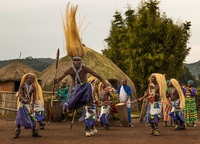Human rights in Rwanda Amnesty International
Back to RwandaRwanda signed an agreement with the UK for the relocation of asylum seekers. Paul Rusesabagina continued to be denied a fair trial. Draft legislation to give access to contraceptives for people over 15 was rejected. Women’s dress and right to privacy were policed. Teachers’ salaries were increased but students’ living allowances were not. Bloggers and journalists continued to be harassed, intimidated, persecuted and unlawfully detained by the authorities. No information was provided on Innocent Bahati’s fate and whereabouts. Two people were killed in an armed attack on a bus. Trials against alleged perpetrators of the 1994 genocide continued.
Background
The UN Group of Experts reported that Rwanda provided support to the rebel group March 23 Movement when it launched attacks against UN and Democratic Republic of the Congo (DRC) forces in June. The report further alleged that Rwanda had conducted military operations in the DRC since November 2021.
Relations with Burundi continued to improve, with increased diplomatic engagement at the highest levels. After three years of closure, Rwanda reopened its land border with Uganda in January.
Rwanda co-authored with Peru a global framework on plastic waste reduction. In September, a resolution to end plastic pollution was adopted during the UN Environmental Assembly.
In June, BioNTech started construction of a Covid-19 mRNA vaccine plant in Rwanda as part of an EU project to address vaccine inequality.
Refugees’ and migrants’ rights
On 14 April, Rwanda signed a memorandum of understanding with the UK to implement a scheme to relocate asylum seekers from the UK to Rwanda (see UK entry). In June, the first flight scheduled to transport asylum seekers was stopped by the European Court of Human Rights. UNHCR, the UN refugee agency, concluded that the agreement was unlawful. It had previously raised concerns about Rwanda’s asylum process, citing arbitrary denial of access to the asylum procedure, risk of detention and deportation, discrimination against LGBTIQ+ asylum seekers and inadequate legal representation.
Right to a fair trial
In April, the Court of Appeal rejected the prosecution’s appeal against Paul Rusesabagina’s 25-year prison sentence on terrorism-related charges. The court failed to address numerous violations of his right to a fair trial, including the unlawful circumstances of his arrest and transfer from Dubai to Kigali, the capital, and his enforced disappearance for several days, followed by his incommunicado detention, among other irregularities before and during his trial. Earlier, in March, the UN Working Group on Arbitrary Detention had concluded that the process of his transfer from Dubai to Rwanda constituted an abduction, that his detention was arbitrary, and therefore his trial should not have taken place.
Sexual and reproductive rights
In October, parliament rejected a bill to lower the age at which people can enjoy access to contraceptives from 18 to 15 years. Meanwhile religious leaders continued to oppose access to contraception.
Meanwhile religious leaders continued to oppose access to contraception.
Women’s rights
In August, Lilliane Mugabekazi was arrested and charged with public indecency for wearing a “shameful dress” to a concert in Kigali. She was released after 12 days in detention. Her arrest sparked public debate on the policing of women’s clothing and the right to privacy.
In January, taxi motorcycle riders (boda boda) staged a peaceful protest in Kigali to denounce high meter charges and insurance premiums.
A survey by the Institute of Policy Analysis and Research – Rwanda highlighted an increase in the cost of living in Rwandan cities, with women-led households most affected. In April, university students called for an increase in living allowances to enable them to afford essentials such as rent, food and transport. The government recognized the need to address the students’ grievances but had not taken action by the end of the year. In August, the prime minister announced an 88% increase in teachers’ salaries.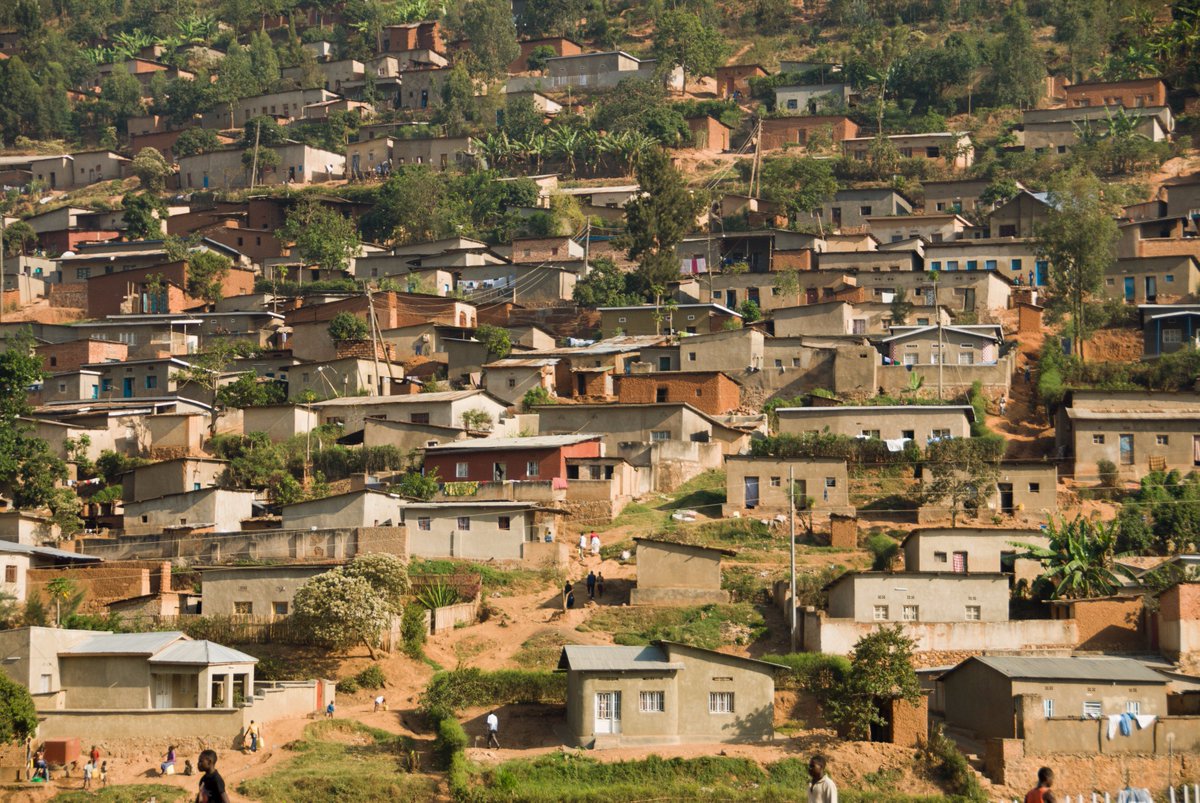
Freedom of expression
Journalist Theoneste Nsengimana remained in unlawful detention following his arrest in October 2021 for “spreading rumours to cause unrest among the population”.
In June, the Commonwealth Secretariat denied accreditations to journalists Benedict Moran and Anjan Sundaram. They had published criticism of President Kagame and his government. The secretariat denied their decision was influenced by the host government and indicated that accreditation was denied because the two were not working for “recognized media outlets”.
In the same month, Brazilian journalist Vinicius Assis was not granted accreditation by the Rwandan authorities after spending a month in Kigali, despite paying the USD 100 fee.
Sports journalist Prudence Nsengumukiza revealed in June that he fled Rwanda in 2021 fearing reprisals for his work and was seeking asylum in Belgium. Before leaving, he had wanted to document abuses linked to the sacking of the military-owned Rwanda Patriotic Army Football Club’s players.
The authorities continued to prosecute YouTube bloggers like Yvonne Idamange, who continued to serve a 15-year sentence received in 2021 after she accused the president of dictatorship and exploiting the genocide against the Tutsi.
In March, the Court of Appeal upheld the seven-year prison sentence against Dieudonné Niyonsenga, owner of the YouTube channel Ishema TV. He was arrested in 2020 while reporting on the impact of the Covid-19 lockdown measures. He spent 11 months in pretrial detention before being acquitted in March 2021 by the Gasabo Intermediary Court. However, the prosecution appealed against this decision, and in November 2021 the High Court found him guilty of “forgery, impersonation, and criminal obstruction of security officials and humiliating state officials.” Aimable Karasira, a former lecturer, said during his court appearance in May that he was beaten in detention and the authorities intercepted communications between him and his lawyers. He was being tried in connection with videos he posted on YouTube.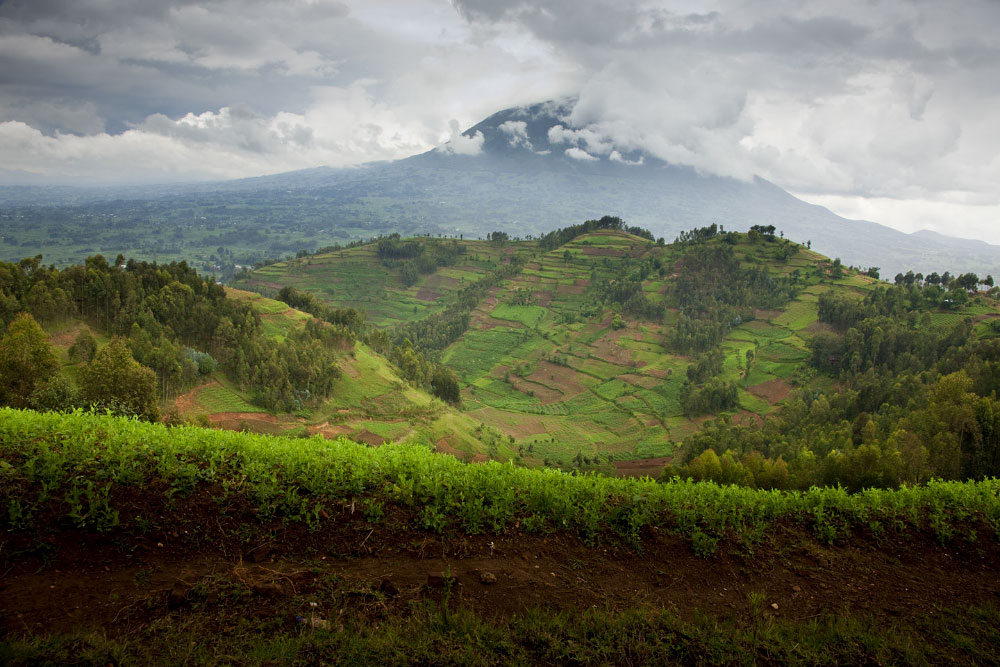
In October, the High Court in Kigali acquitted and ordered the release of journalists Damascene Mutuyimana, Shadrack Niyonsenga, and Jean Baptiste Nshimiyimana of the YouTube channel, Iwacu TV. They had been arrested in 2018 and charged with “spreading false information with the intention of creating a hostile international opinion of Rwanda”, among other things.
Enforced disappearances
The whereabouts and fate of poet and writer Innocent Bahati remained unknown and no update on the investigation into his disappearance in February 2021 was made available. In February 2022, more than 100 writers called on the president to intervene in finding him, expressing concerns that his disappearance was linked to his criticism of the government.
Unlawful attacks and killings
The authorities accused the National Liberation Front of orchestrating a bus attack in southern Rwanda in June that killed two people.
Right to truth, justice and reparation
In February, the International Residual Mechanism for Criminal Tribunals (IRMCT) ordered Niger to send eight Rwandans tried in connection with the 1994 genocide back to Tanzania. Four had been acquitted and four had served their sentences. Tanzania rejected the request and they remained under house arrest pending their expulsion from Niger, in contradiction with the agreement signed between Niger and the court.
In May, the Dutch authorities arrested a former army officer on an extradition request from Rwanda. The officer, identified by a pro-government newspaper in Rwanda as Major Pierre-Claver Karangwa, was suspected of involvement in massacres of the Tutsi in Mugina during the 1994 genocide.
Also in May, genocide fugitives Protais Mpiranya and Pheneas Munyarugarama, wanted by the IRMCT, were confirmed to have died in 2006 and 2002, respectively. Protais Mpiranya, former head of the presidential guard, was accused of ordering the killing of then prime minister Agathe Uwilingiyimana, and 10 Belgian peacekeepers.
In July, the Paris Criminal Court sentenced Laurent Bucyibaruta to 20 years in prison for “complicity in genocide and crimes against humanity”.
In September, the trial against Félicien Kabuga, allegedly the chief financier of the 1994 genocide against the Tutsi, began in the Hague before the IRMCT.
GET THE AMNESTY INTERNATIONAL REPORT 2022/23
Download
- ENGLISH
- العربية org/en/wp-content/uploads/2023/04/WEBPOL1056702023SPANISH-2.pdf» data-label=»ESPAÑOL»>ESPAÑOL
- FRANÇAIS
- ภาษาไทย
- ру́сский
- Bahasa Indonesia
- 한국어 amnesty.org/en/wp-content/uploads/2023/06/WEBPOL1056702023TURKISH.pdf» data-label=»Türkçe»>Türkçe
- Mongol
- português
- 中文
Профиль страны Руанда – BBC News
Опубликовано
этническая рознь, вылившаяся в спонсируемый правительством геноцид в середине 1990-х.
Приблизительно 800 000 этнических тутси и умеренных хуту были убиты доминирующими силами хуту за 100 дней.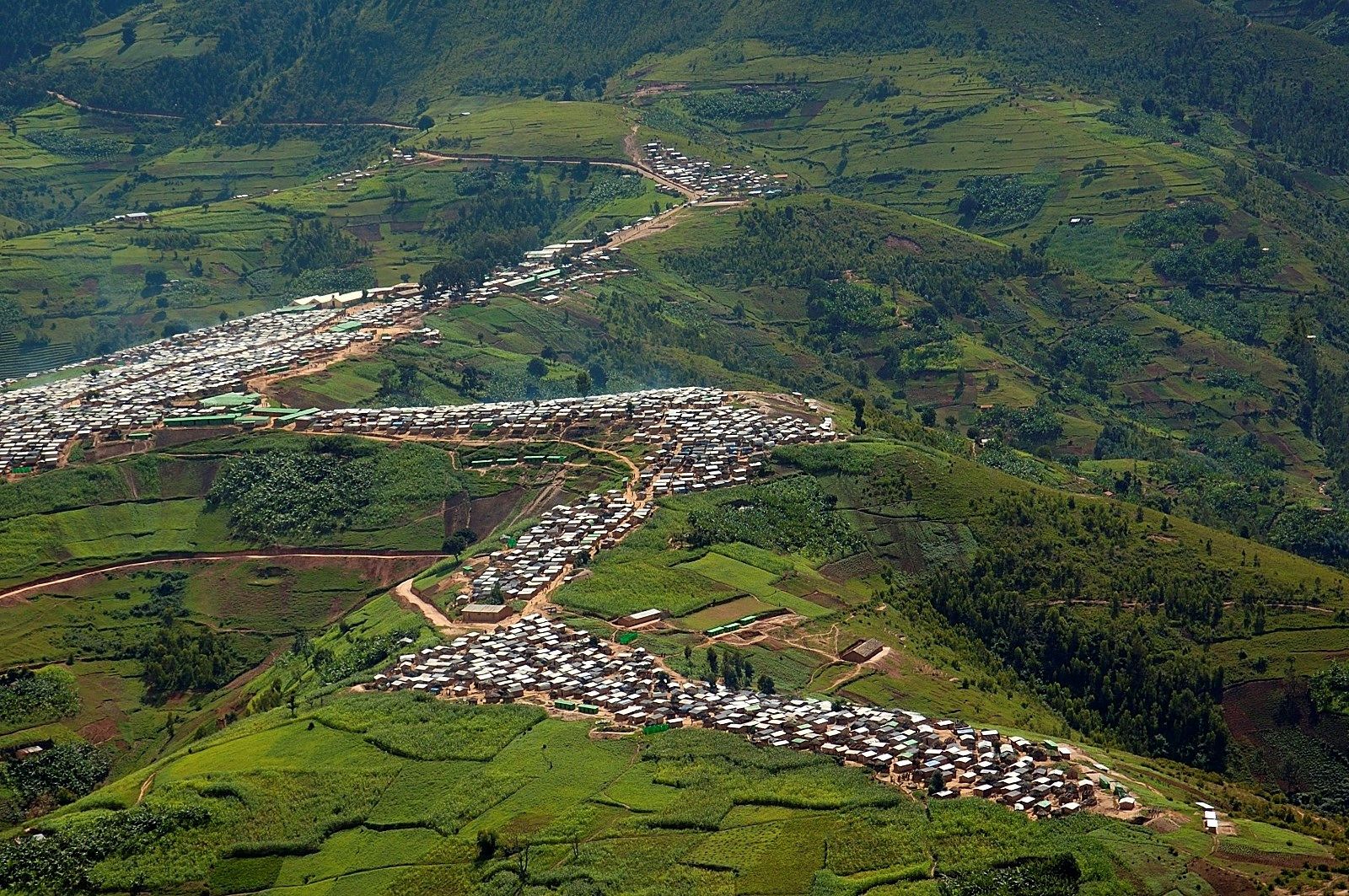
Руанда стремилась восстановить свою экономику, сделав производство кофе и чая одним из основных экспортных товаров, а экономическое развитие помогло сократить бедность и неравенство.
Поль Кагаме стал президентом в 2000 году и эффективно управляет Руандой с 1994 года. В то время как его правительство поддерживает стабильность и экономический рост, базирующаяся в США неправительственная организация Freedom House заявляет, что она также подавляет политическое инакомыслие посредством запугивания, пыток и предполагаемых убийств диссидентов в изгнании. .
- Подробнее о странах — Профили BBC Monitoring
РЕСПУБЛИКА РУАНДА: ФАКТЫ
- Столица: Кигали
- Площадь: 26 338 кв. км
- Население: 13,8 млн.
- Языки: Киньяруанда, французский, английский, суахили
- 90 013 Ожидаемая продолжительность жизни: 64 года (мужчины) 69 лет (женщины)
ЛИДЕР
Президент: Поль Кагаме
Источник изображения, Getty Images Поль Кагаме управляет Руандой с тех пор, как его повстанческая армия положила конец резне сотен тысяч людей в 1994.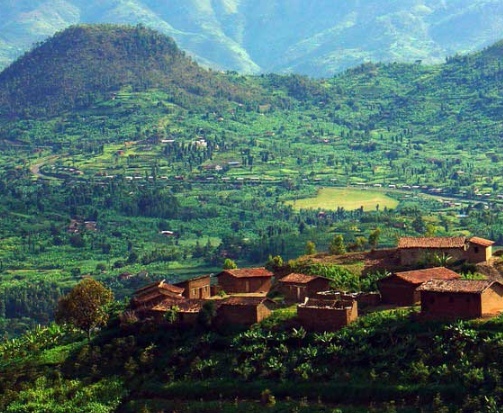
Он был приведен к присяге в качестве вице-президента и министра обороны постгеноцидного правительства в июле 1994 года, но многие считали его реальной властью в Руанде.
В 2000 году парламент избрал его президентом. С тех пор он выигрывал выборы, последние были в 2017 году, когда официальные данные показали, что он набрал 99% голосов, что многие за пределами страны сочли фикцией. Он сказал, что снова будет баллотироваться в 2024 году.
Для своих поклонников он дальновидный лидер, но для своих критиков он авторитарный деспот, не терпящий никакой оппозиции.
СМИ
Источник изображения, Getty Images Подпись к изображению,Мыльные оперы по радио использовались для укрепления мира и примирения и для залечивания ран, оставленных геноцидом
Государственное телевидение и радио охватывают самую большую аудиторию и работают наряду с частными торговыми точками.
Самоцензура — обычное дело, говорят «Репортеры без границ».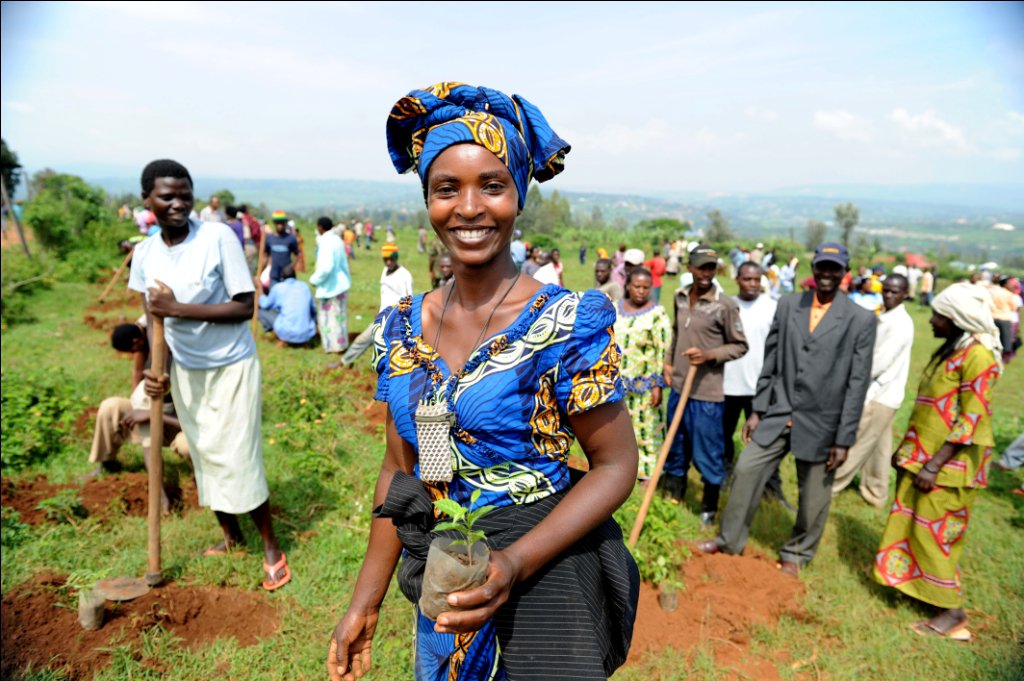 Журналисты в изгнании работают в Интернете, что приводит к блокировке веб-сайтов, сообщает Freedom House.
Журналисты в изгнании работают в Интернете, что приводит к блокировке веб-сайтов, сообщает Freedom House.
- Чтение полного профиля мультимедиа
TIMELINE
Источник изображения, Getty Images Подпись к изображению,В Руанде проживает примерно треть мировой популяции горных горилл
Некоторые ключевые даты в истории Руанды: 9 0005
700BC -1500 г. н.э. г. — Группы банту мигрируют в Руанду, расчищая лесные угодья для сельского хозяйства. Первоначальные лесные жители, предки сегодняшних тва, переселяются в горные районы.
15-19 века — Кланы начинают объединяться в королевства. Одно из них, Королевство Руанда, становится все более доминирующим с середины 18 века, достигнув своего наибольшего размаха во время правления короля Кигели Рвабугири в 19 веке.
1890 — Руанда становится частью Германской Восточной Африки после колониального раздела Африки на Берлинской конференции 1884 года.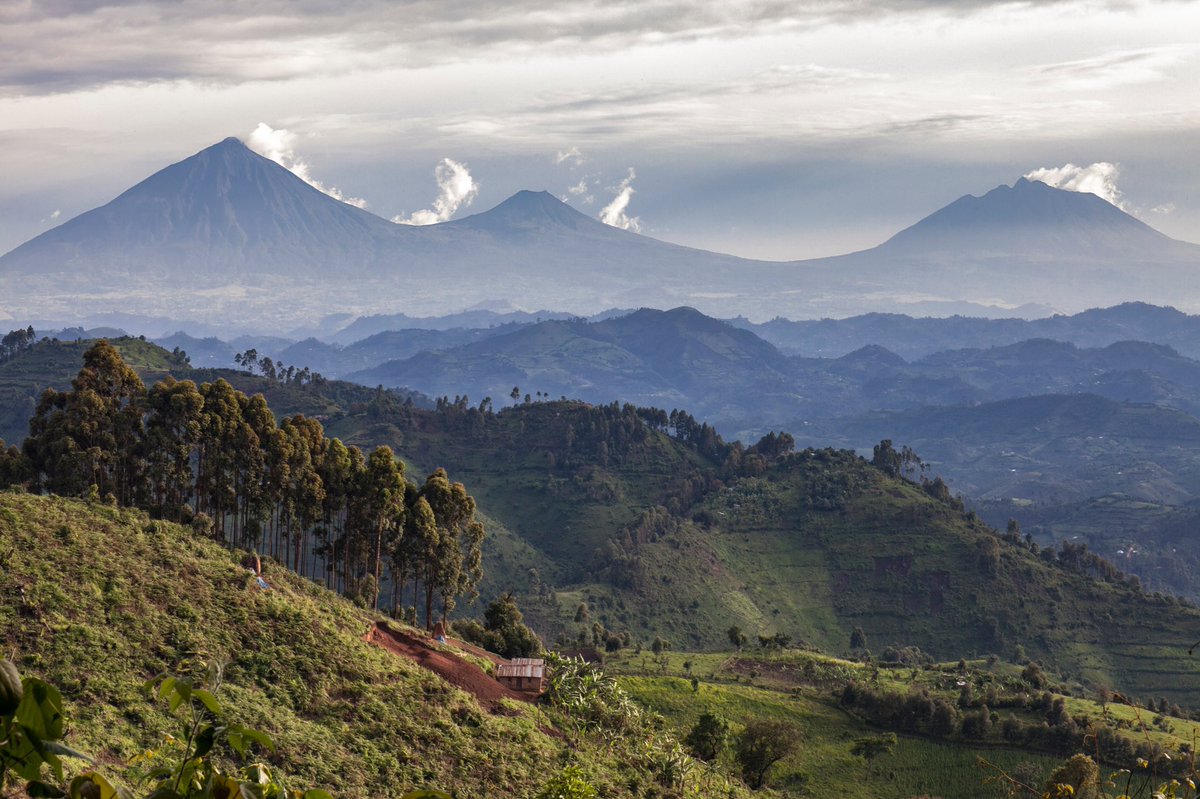
1914-1918 — Первая мировая война.
19:16 — Бельгийские войска вторгаются в контролируемую немцами Руанду.
1922 — Бельгия управляет Руандой и Бурунди в качестве мандата Лиги Наций под названием Руанда-Урунди. И немцы, и бельгийцы продвигают превосходство тутси, считая хуту и тутси разными расами.
1959 — Король тутси Кигери V вместе с десятками тысяч тутси вынужден покинуть Уганду после насилия хуту и тутси.
1961 — Бельгия — теперь выступающая за хуту — проводит референдум, на котором Руанда голосует за отмену монархии.
1962 — Руанда отделяется от Бурунди и получает независимость.
1963 — Около 20 000 тутси убиты в результате вторжения повстанцев тутси, базирующихся в Бурунди. Боевые действия между двумя этническими группами продолжаются с перерывами в течение следующих трех десятилетий.
1990-1994 — Гражданская война в Руанде. Повстанческий Патриотический фронт Руанды (РПФ), состоящий из почти 500 000 беженцев тутси, вторгается на север Руанды из Уганды. РПФ осуждает правительство, в котором доминируют хуту, за неспособность к демократизации.
РПФ осуждает правительство, в котором доминируют хуту, за неспособность к демократизации.
1993 — Мирный договор подписан.
1994 — Прекращение огня закончилось, когда президент Руанды Жювеналь Хабиаримана и президент Бурунди Сиприен Нтарьямира были убиты в результате ракетного обстрела их самолета. Согласно большинству теорий, самолет был сбит либо РПФ, либо проправительственными последователями хуту, выступающими против переговоров с РПФ.
Смерть г-на Хабиариманы вызывает 100-дневную вакханалию насилия, геноцид в Руанде, совершаемый главным образом хуту против тутси и умеренных хуту. Убито около 800 000 человек.
1996-2003 — Вторжение Руанды в ДР Конго знаменует собой начало ее длительного участия в двух гражданских войнах в соседней стране.
2003 — Избиратели поддержали проект конституции, запрещающий разжигание межнациональной розни. Поль Кагаме побеждает на первых президентских выборах после геноцида 1994 года.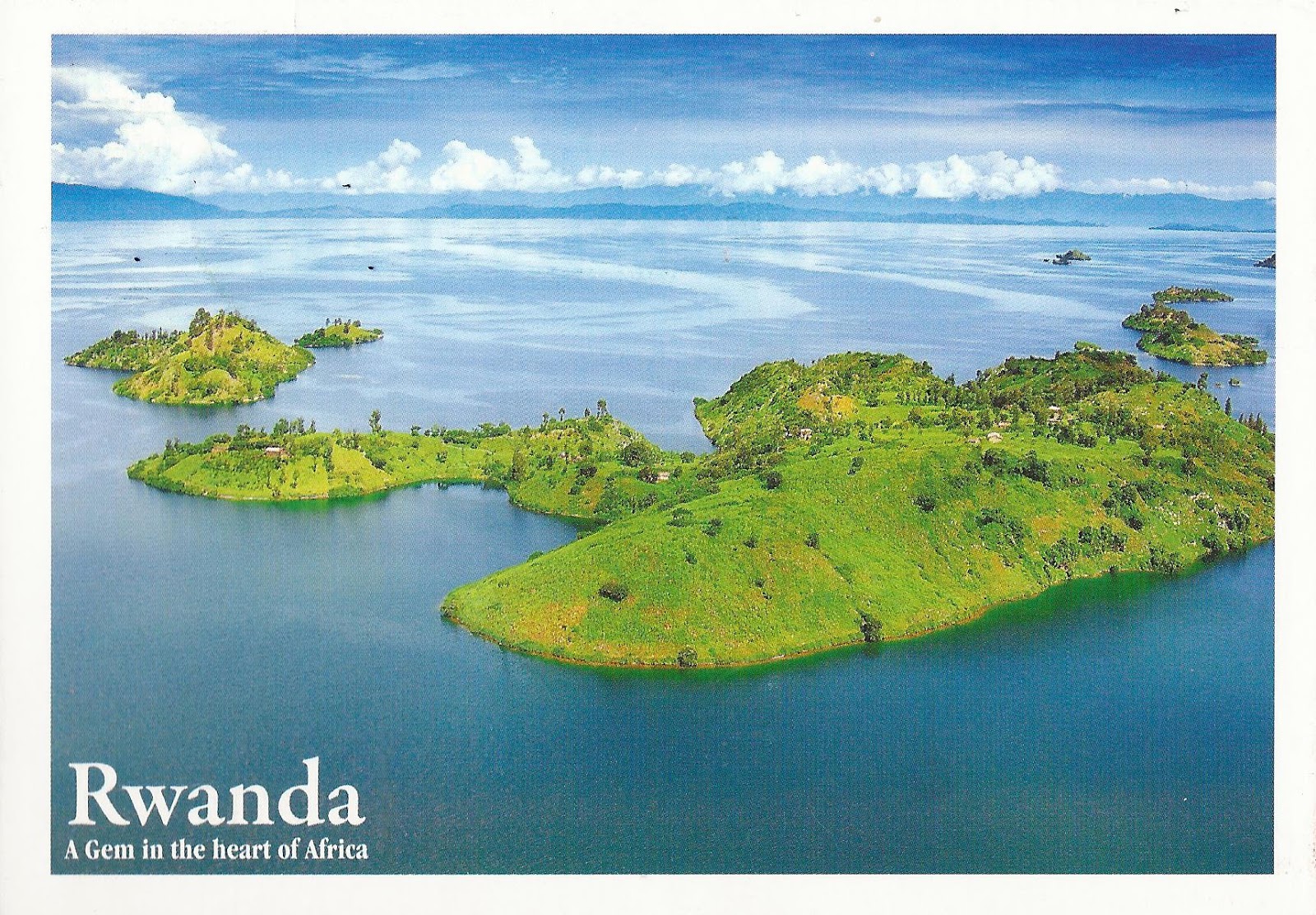
2005 — Правительство начинает массовое освобождение тысяч людей, признавшихся в причастности к геноциду 1994 года. 12 провинций Руанды заменены меньшим количеством регионов с целью создания этнически разнообразных административных районов.
2015 — Международный уголовный трибунал по Руанде проводит свои последние слушания спустя 10 лет после открытия и вынес обвинительный приговор 93 лицам в связи с геноцидом 1994 года.
2017 — Президент Кагаме переизбран с 99% голосов в опросах, которые независимые наблюдатели осудили как несправедливые.
Источник изображения, Getty Images Подпись к изображению,Тысячи были убиты и многие другие были перемещены во время геноцида 1994 года
- Африка
- Руанда
- Пол Кагаме
BBC не несет ответственности за содержание внешних сайтов.
Руанда | Африканский банк развития
Вы находитесь здесь
Главная страница / Страны / Восточная Африка / Руанда
Перспективы развития экономики Руанды
Рост ВВП достиг 10,9% в 2021 году, а затем снизился до 8,2% в 2022 году из-за климатических потрясений для внутреннего производства продуктов питания; высокие цены на энергию, продукты питания и удобрения; и слабый внешний спрос на экспорт. Инфляция выросла с 0,8% в 2021 году до 17,7% в 2022 году, отражая более высокие цены на импортные товары и низкое производство продуктов питания внутри страны. Учетная ставка была повышена на 50 базисных пунктов, с 6,5% в ноябре 2022 года до 7% в феврале 2023 года, чтобы снизить растущую инфляцию. Правительство ввело субсидии на удобрения и общественный транспорт, чтобы предотвратить рост стоимости жизни.
Узнать больше
Ключевые факты
| Флаг: | |
| Капитал: | Кигали |
| Площадь: | 26 000 кв. км км |
| Общая численность населения 2017: | 12,2 миллиона… |
| Городское население 2017: | 73,50% |
| Женское население 2017: | 49,70% |
| ВВП: | 9,0 миллиардов долларов США |
| ВНД на душу населения 2015: | 700 долларов США |
| Уровень инфляции: | 5,52% |
| Общий коэффициент рождаемости (на 1000): | 29,90% |
| Индекс человеческого развития (ранг / 188): | 159 |
| Индекс человеческого развития (шкала от 0 до 1): | 0,498 |
| Дата членства: | 19.01.1965 |
| Совокупное количество разрешений (1967-2016): | 848,9 млн. грн. |
Видео
- 1 из 2
- следующий › Новости 23
СуперЭСКО – это средства направления средств в государственный сектор инвестиции в энергоэффективность.